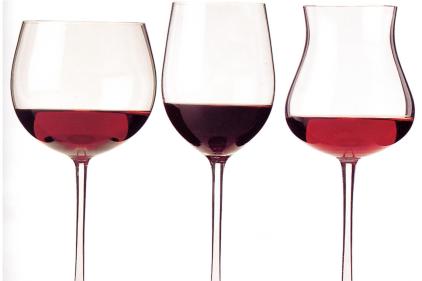Scientists from the University of Illinois evaluated the antioxidant, polyphenol, and anthocyanin content of blueberry and blackberry wines, and found that these bioactive compounds inhibit enzymes responsible for carbohydrate absorption and assimilation.
The researchers then compared the anti-carb effects of the alpha-amylase and alpha-glucosidase enzymes with the anti-diabetes drug acarbose. The enzymes were inhibited in a range of 91.8% and 103.2%, respectively, compared to acarbose.
Elvira de Mejia, a U of I professor of food chemistry and food toxicology, said that at both room and cold (4ºC) temperatures, berry wine retained the ability to degrade the enzymes.
A food chemist, de Mejia said she would like to remove the alcohol from the blueberry and blackberry wines, leaving the carb-degrading enzyme compounds, the inflammation-fighting anthocyanins, and other beneficial bioactive components in a functional and tasty drink for diabetics and others.
"We're thinking about a dealcoholized fermented fruit beverage that would optimize the inhibition of the alpha-amylase and alpha-glucosidase enzymes and also make use of the wines' other healthful bioactive components," she explained.
The bioactive ingredients could also be added to any prepared beverage to give it colour, flavour, and nutritional value, making them useful to the food industry, she added.
